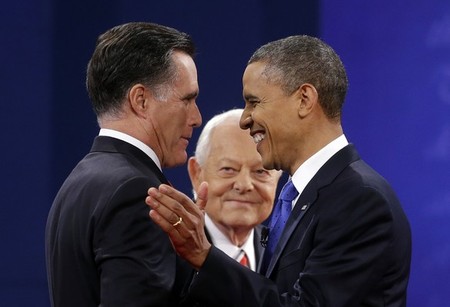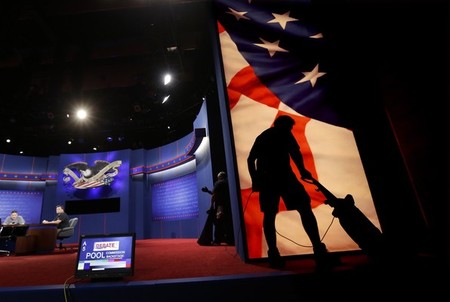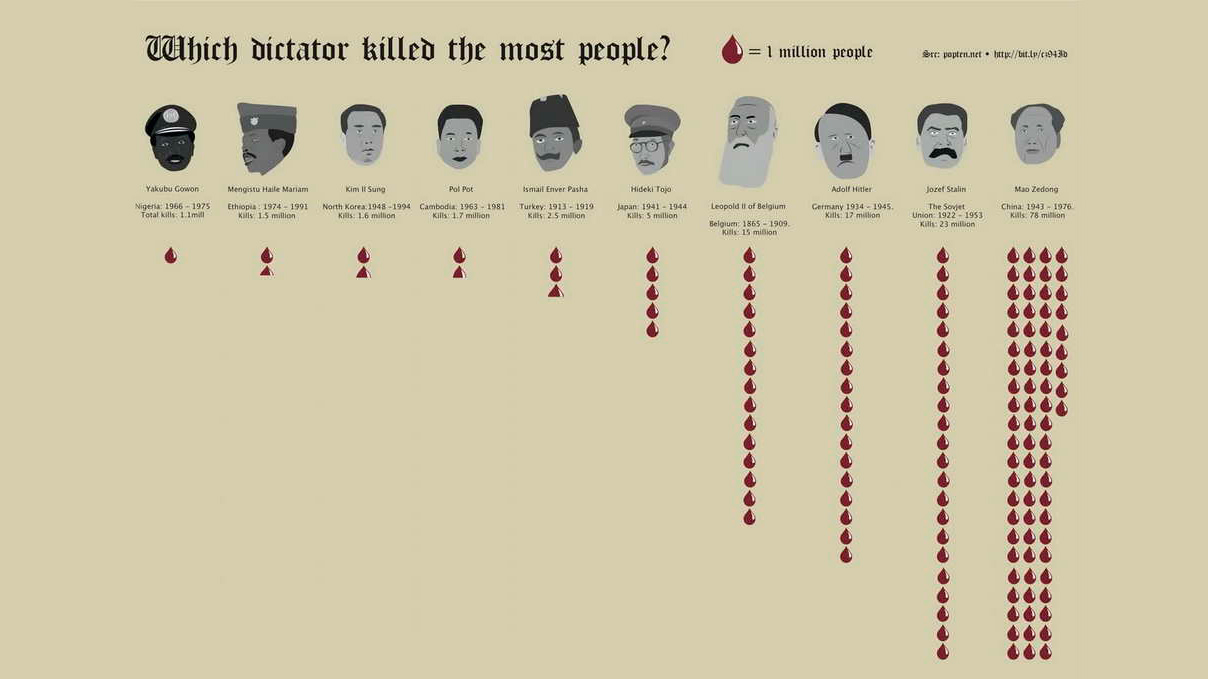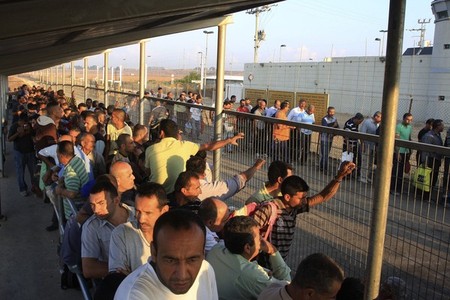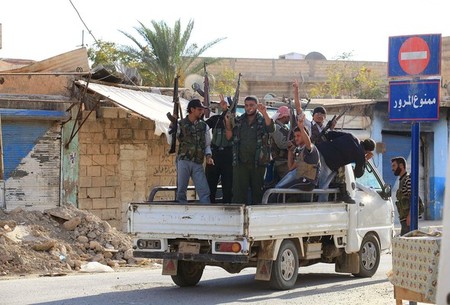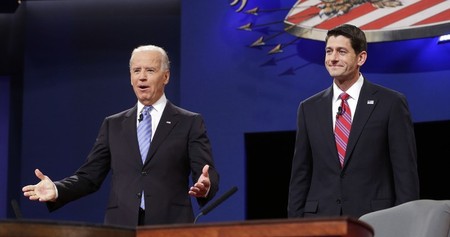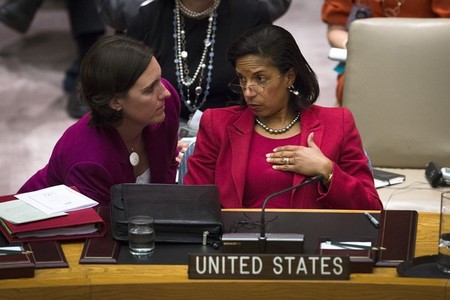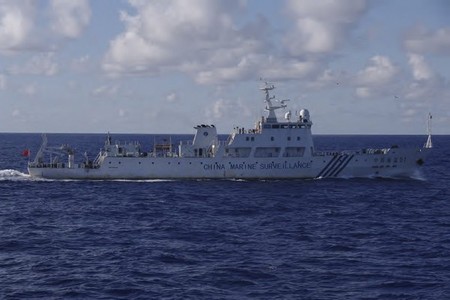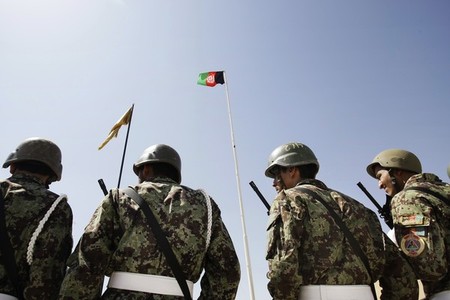When It Comes to Western Military Interventions, Light Footprints Don't Work
That's the upshot of a new RAND report on Libya (PDF), as Jason Fritz explains:
Light- to no-footprint intervention in support of rebel forces is not a long-term solution for stability.The U.S. and other NATO involvement in Libya was essentially the provision of air support (with notable exceptions of on-the-ground SOF teams). There are a number of reasons for this approach, much of which is centered around domestic Western politics. But the provision of close and strategic air support to a motley crew of disparate and competitive armed groups is only asking for a disaster. Yes, this method helped bring about the end of the much despised Qaddafi regime, but it is certainly not helping bring about a lasting peace and stability. Much like our initial efforts in Afghanistan, failing to provide the forces necessary in the aftermath of the destruction of a regime creates an environment conducive to warlord-ism and the promise of many years of conflict....
As much as military analysts bemoan the general public's lack of understanding of the effort and violence of a no-fly zone, the longer peace is much harder to accomplish without large numbers of troops on the ground to provide stability after the regime falls. If we are not willing to put troops on the ground before or after our service as a rebel-force air force, then we should seriously contemplate refraining from intervening in the first place. Or at a minimum, not be surprised when our actions do not provide the stability for which we had hoped.
I think framing this as a question between "stability" and "instability" in a situation like Libya isn't the full picture. Once Libya's uprising became an armed revolt, it was an unstable situation. The only way stability was going to be restored was if one side won decisively and enforced its writ upon the whole country. Even a Gaddafi "win" probably wouldn't have been enough: given the tribal nature of Libya there would probably be enough pockets of armed resistance to cause problems.
So while the U.S. intervention clearly didn't (and couldn't) stabilize Libya, that's almost the wrong question. Instead, we really need to ask whether the rebel win, instability or no, has been worse for U.S. interests.

